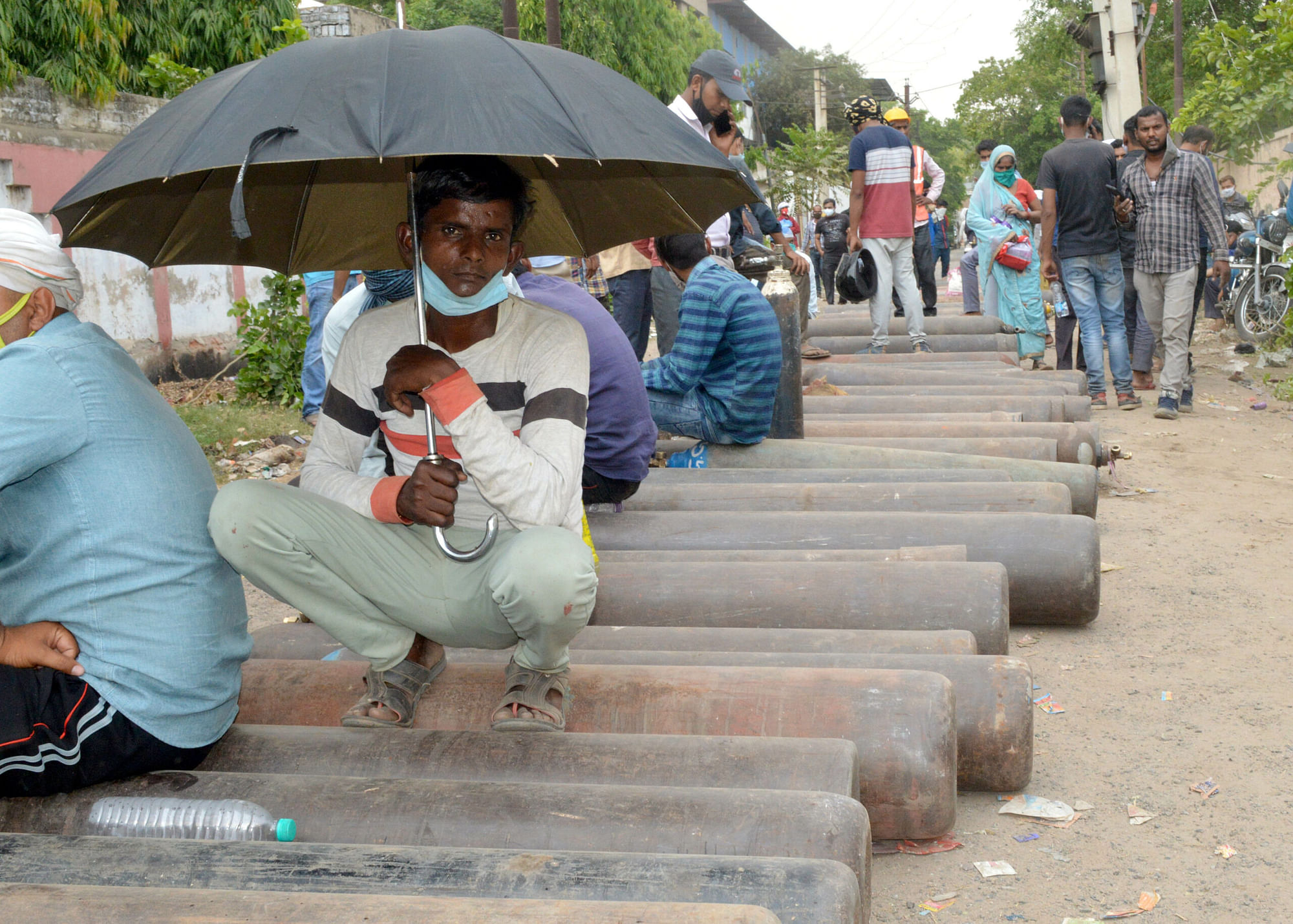The network of relationships among people who live and work in a particular society, that is highly affected by COVID-19, comprises our social capital. The social groups share a sense of identity and understanding (shared) alongside shared values, cooperation, and reciprocity.
In these pandemic times when the world faced multiple correlated social and economic problems, we needed to identify efficient social groups that share such social capital attributes. COVID-19 increased the value of health resources.
Since, social capital measures the value of resources (both tangible and intangible resources) it has therefore the capacity to measure health resources in general and COVID-19 tools in particular.
We generally look at social capital as a constituent of capital generating merit goods and public goods, for a common cause of achieving greatest happiness of greatest number.
Social capital can be used as a tool by planners and economists to explain the improved performance of Frontline Health Workers, the growth of COVID-19 frontline warriors, superior managerial performance of doctors and nurses, enhanced vaccine supply chain relationships, and the evolution of all viruses related to COVID-19.
Social capital is closely linked with civil society indicating voluntary organisations outside the market and state without seeking any personal gain. The civil society had an important role in this pandemic.
They connected different Frontline Health Workers and a team of efficient doctors and in this manner built trust and reciprocity through civil societies. They performed a series of standard infection prevention measures form social capital sources.
Social capital depends on an already functioning community of health experts. Collective action is the need of hour as it can maintain social etiquettes coupled with respiratory etiquettes. Collective action is an important indicator of increased social capital.
There is a growing literature in economics of social sector and health economics that confirms that the presence of social capital through social networks and communities have a positive impact on the quality of life or a protective quality on health.
Our health risk behaviour affects social capital in the sense that all those who have strong social capital or who are embedded in a network rich in social support, social trust, social norms, and information have resources that help in achieving social and health targets.
In addition, we can see an important role played by neighbourhood social capital. It may also help in safeguarding health gaps/disparities amongst COVID-19 and Non- COVID-19 groups. Apart from this, it may also help in safeguarding health inequalities amongst adolescents and children.
Social capital parameters such as social support and social bonds, offering a connection between members of the same religion have been found to be related with better health outcomes despite any economic or social problem.
Social capital is therefore a very important tool to combat crisis like COVID-19. If developed properly, it can do wonders. It has always provided a helping hand to economic development and promotion of quality of life, which is an important part of economic development.
The biggest advantage that is seen now-a-days regarding social capital is that it is responsible for offering an entry point for socio-political matters into an all-inclusive interdisciplinary method to some of the most persuasive issues of our time including COVID-19.
Dr. Binish Qadri Assistant Professor, Department of Economics, University of Kashmir.
Disclaimer: The views and opinions expressed in this article are the personal opinions of the author.
The facts, analysis, assumptions and perspective appearing in the article do not reflect the views of GK.






